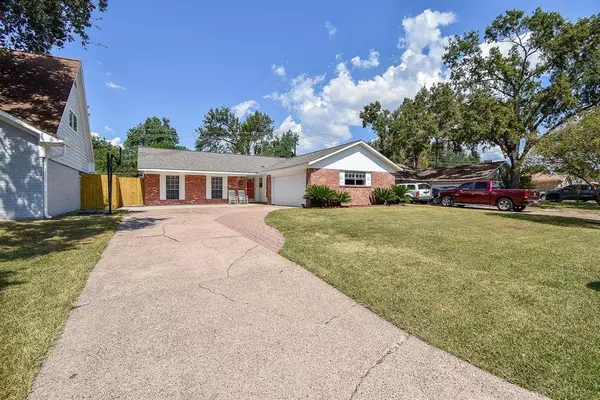
Enjoy the Fall and the Thanksgiving Holiday
Enjoy the Fall and the Thanksgiving Holiday Taking this opportunity to say Happy Thanksgiving to you and your family. Happy fall, everyone! I absolutely love fall weather. I love the breeze—not too hot but not too cold. This is the perfect time to take a walk and hang outside with the kids. T

Why Are We Seeing More Foreclosures?
Why Are We Seeing More Foreclosures? What will happen now that the moratorium on foreclosures has ended? Are we about to see a tsunami of foreclosures and a struggling market similar to what happened in the real estate market crash of 2008? The short answer is no—foreclosures will start to in

What You Should Know About Our Slowing Market
What You Should Know About Our Slowing Market Why our housing market is slowing and how it affects your home. Is the real estate market slowing? You may hear about this on the news or from your friends, and many of my clients have asked me this question. With the recent interest rate hikes, e
Categories
- All Blogs (66)
- Buy A Home (23)
- Buyer Tips (31)
- Deer Park Spotlight (1)
- Downloads (4)
- Downpayment Assistance / Grant Programs (4)
- Financing A Home (11)
- First Time Home Buyers (13)
- First Time Home Sellers (11)
- Follow Me Friday (5)
- For Sale By Owner / FSBO (7)
- Fun Stuff :) (6)
- Holiday Events (2)
- Home Appraisals (7)
- Home Inspections (6)
- Home Loan Process (10)
- Home Maintenance (7)
- Home Staging (4)
- Homestead Exemption (4)
- Investing (6)
- Listing Video Tours (7)
- Market Snapshot (7)
- Market Update (7)
- Miscellaneous (5)
- New Construction (5)
- New Listings (1)
- Raving Fans (5)
- Real Estate Knowledge Video Series (6)
- Sell Your Home (31)
- Seller Tips (28)
- Tax Credits (4)
- Testimonials / Reviews (5)
- Uncategorized (10)
- VIP Preferred Vendors (5)
Recent Posts










